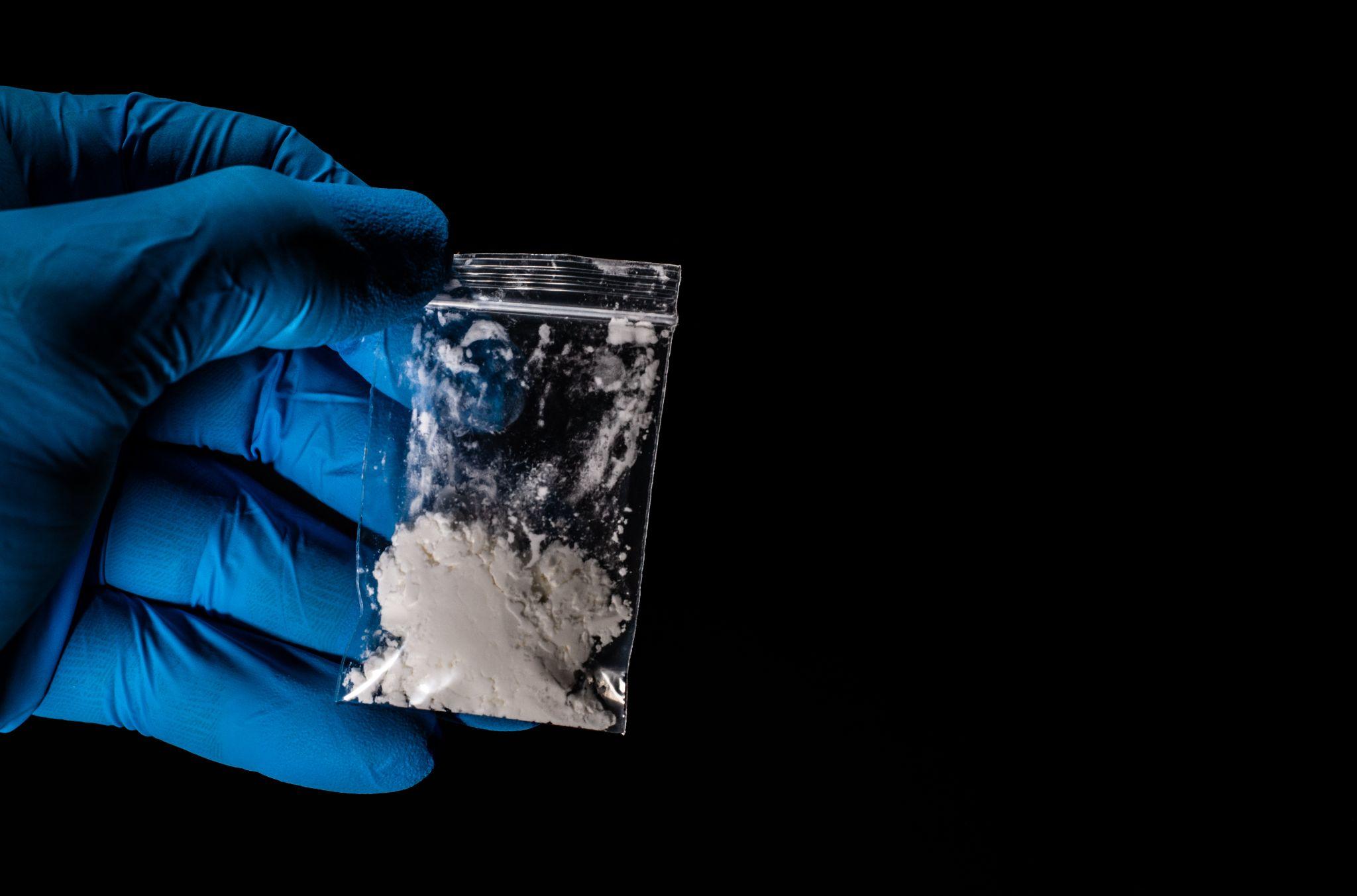HOW LONG DOES COCAINE STAY IN YOUR SYSTEM?

Like anything else that enters the body, the cocaine a person ingests is eventually processed by the liver and kidneys and expelled in the form of waste. The question of “How long does cocaine stay in the system?” is influenced by factors such as the amount of cocaine used, the strength of the dose, and the individual’s natural metabolic rate. Depending on these variables, the duration the drug remains in a person’s system can vary significantly. It’s essential to understand these nuances when considering drug testing or evaluating the potential effects of the drug on one’s health. So, how long does coke stay in your body? Let’s dive deeper.
DETECTING COCAINE WITH DRUG TESTS
There are types of drug tests available that can detect the presence of cocaine (or a metabolite of cocaine) in samples of biological material. One frequently asked question is “How long does cocaine stay in your urine?” The most common types of samples for detecting cocaine include urine, blood, saliva, and hair. Each of these has its own detection window, with urine being a commonly used medium to identify recent cocaine use in a wide variety of individuals.
DIFFERENT SOURCES, DIFFERENT DURATIONS
Even when the high has ended and the body has broken the chemicals down into inert forms, cocaine can leave tell-tale signs of its presence for some time. Because different systems of the body function in different ways on their own schedules, cocaine may still be detectable in one bodily material long term, even after it has disappeared from others.
Below are the approximate life spans of cocaine in the four most common kinds of sample materials given for drug testing (urine, blood, saliva, and hair):
- Urine: Cocaine is usually detectable in urine for 3-4 days after use, but this can be longer in chronic users.
- Blood: Cocaine can be detected in the blood for one to two days after use.
- Saliva: Cocaine can be detected in saliva tests for up to one to two days after use, although there are instances where it can be detected for slightly longer.
- Hair: Cocaine can be detected in hair for up to 90 days (or even longer, depending on the length of the hair and other factors). It’s worth noting that hair testing doesn’t indicate recent use but rather use over a more extended period.
Because each type of sample retains cocaine differently, the type of test being used will depend on how far back the requester of the test wants it to go. For example: If employers suspect that unusual behavior in the past week is related to cocaine use, they might request a blood or urine test to check up to four days prior. If a court order requires a person to prove via a drug test that he or she has not used cocaine in the past few months, a hair test would be more appropriate.
WHAT FACTORS CAN IMPACT THE DURATION OF COCAINE IN YOUR SYSTEM?
Numerous factors influence the duration cocaine remains detectable in an individual’s system. These include:
- Dosage and Purity: The amount and potency of the cocaine consumed can impact its detectability. A stronger or larger dose may prolong the detection window.
- Individual Tolerance: A person who frequently uses cocaine may metabolize it differently than someone who uses it sporadically. Over time, the body may adapt and break down the stimulant drug more efficiently, although this doesn’t necessarily mean it will always leave the system faster.
- Metabolic Rate: Natural variations in metabolic rates mean that some people process substances faster or slower than others. Those with a faster metabolism might eliminate the cocaine quicker than someone with a slower rate.
- Health Conditions and Medications: Certain medical conditions or the intake of specific medications can impact how quickly the body processes cocaine. For instance, someone taking diuretic medications may excrete cocaine more rapidly in their urine, shortening the detection period.
Understanding these variables underscores the complexity of predicting exact detection windows for cocaine or any substance. It’s crucial to recognize that these timelines can vary considerably from person to person.
Does the Way You Take Cocaine Impact Its Duration in Your System?
The method by which cocaine is consumed can indeed influence the duration it remains detectable in one’s system. Different methods of intake, ranging from snorting to smoking and even injecting or oral consumption, all come with varying implications for both onset of effects and detection timeframes.
When cocaine is snorted, a common method involving the inhalation of the powder through the nose, it takes longer to reach the brain than methods like smoking or injecting. This delayed onset might mean that the drug remains in the system slightly longer compared to more direct methods. However, the high lasts longer, and the detection window is consistent with other methods.
Smoking cocaine, especially in its “crack” form, delivers a rapid and intense high due to its almost immediate reach to the brain. Even though this high dissipates quickly, the window for detecting cocaine in tests like urine remains relatively consistent with other methods.
Injecting cocaine introduces the drug directly into the bloodstream, resulting in a rapid onset and intensity of effects. Wondering “How long does cocaine stay in your blood system?” Well, the drug clears from the bloodstream swiftly when injected, but urine detection windows remain comparable to other consumption methods.
Last, oral consumption, which is less prevalent, involves a slower absorption process. This leads to delayed and milder effects of cocaine, with detection times resembling those of snorting. It’s important to note that while the method of use might alter the immediacy and duration of cocaine’s effects, factors like frequency of use, dosage, and individual metabolism typically play more significant roles in its detection time frame.
GET HELP FOR A COCAINE ADDICTION AT YELLOWSTONE RECOVERY

An addiction to cocaine can unravel your life thread by thread, damaging your health, your relationships, and your self-image. Even if you’ve only been struggling with addiction for a short while, it’s never too early to seek help and embrace a healthier future.
Escape the cycle of use and sickness with the help of Yellowstone Recovery’s powerful cocaine addiction treatment methods. With safe medical detox, clinically backed therapy techniques, and top-notch facilities, our inpatient and outpatient programs give clients the professional help they need with the dignity and respect they deserve.
If you’re ready to say goodbye to cocaine abuse for good, contact us today at (888) 418-4188.
- Treatment Options
- Program Curriculum
- Program Services








